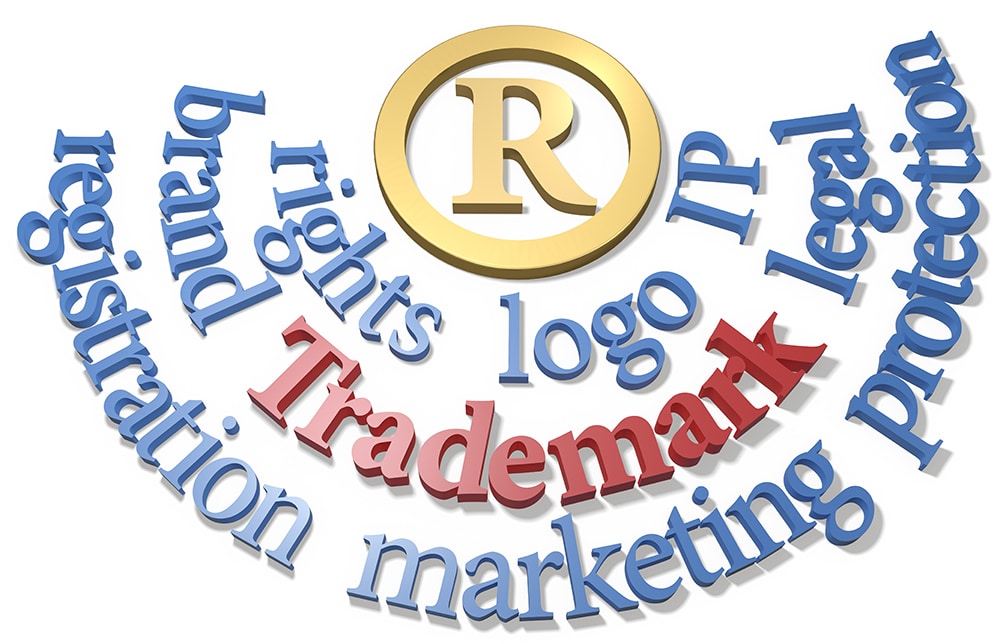-
Strength of the senior user’s mark. The stronger or more distinctive the senior user’s mark, the more likely the confusion.
-
Similarity of the marks. The more similarity between the two marks, the more likely the confusion.
-
Similarity of the products or services. The more that the senior and junior user’s goods or services are related, the more likely the confusion.
-
Likelihood that the senior user will bridge the gap. If it is probable that the senior user will expand into the junior user’s product area, the more likely there will be confusion.
-
The junior user’s intent in adopting the mark. If the junior user adopted the mark in bad faith, confusion is more likely.
-
Evidence of actual confusion. Proof of consumer confusion is not required, but when the trademark owner can show that the average reasonably prudent consumer is confused, it is powerful evidence of infringement.
-
Sophistication of the buyers. The less sophisticated the purchaser, the more likely the confusion.
-
Quality of the junior user’s products or services. In some cases, the lesser the quality of the junior user’s goods, the more harm is likely from consumer confusion.
-
related products and services.
LLC Formation: Your Complete Guide to Starting a Limited Liability Company in 2025
Learn how to form an LLC with our complete 2025 guide. Step-by-step LLC formation process, costs, benefits, and state requirements. Start your business today.
Xai Gaming Network vs Elon Musk’s xAI: Major Trademark Infringement Battle Shakes Blockchain Gaming Industry
Xai gaming network files federal lawsuit against Elon Musk’s xAI over trademark dispute. Blockchain gaming vs AI battle unfolds.
Navigating the Future: USPTO’s AI Patent Eligibility Guidance Provides Much-Needed Clarity
USPTO’s AI patent guidance provides critical clarity on artificial intelligence patent eligibility for inventors and practitioners.




